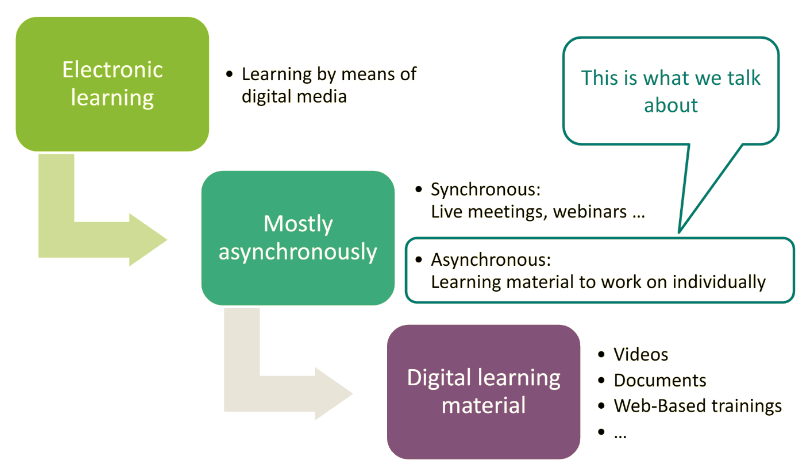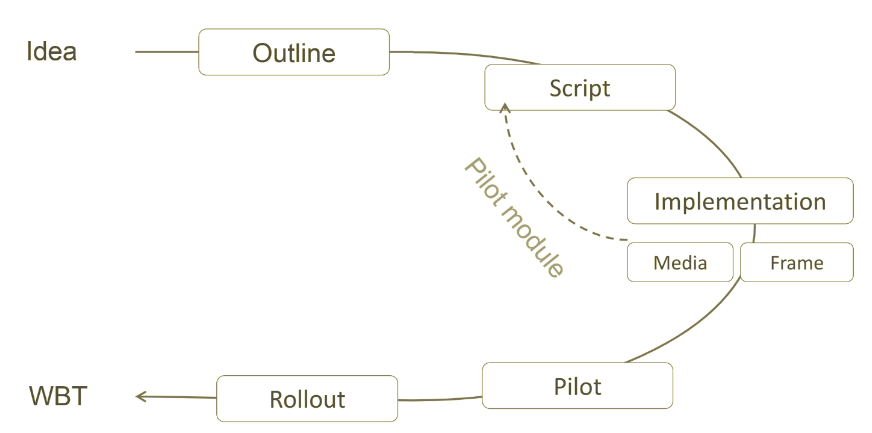An overview of the MEDEA 3 Project/Training Programme
MEDEA 3 will run from May 2021 to 2024.
In May 2021, a new PTB project (MEDEA 3) started and it will continue for three years. This project aims to support SGDs (Sustainable Development Goals of UN) in the target economies, and it requests APLMF to develop work plans for training particularly regarding water meters, software and pre-packages. Other fields will be also covered as far as they are linked to SDGs. Development of e-Learning materials is another important objective regardless of the field.
APLMF-APMP Training Course on Sphygmomanometers
9-11 July 2024 in Bangkok, Thailand
Presentations:
Research on testing the metrological
performance of blood pressure simulator
by Mr Zhongli Zhang, SIMT, PR China & OIML TC18/SC1 Secretariat
Measurement standards for non-invasive blood
pressure (NIBP) monitoring devices
by Dr Il Doh, KRISS, Rep. Korea
The current situation of clinical thermometers in
legal metrology
by Mr Rafael Feldmann Farias, INMETRO, Brazil
Usage of infrared body temperature
thermometers and its calibration in PR China
by Ms Chengyu Bai, NIM, PR China
Outline of OIML R 145 and the revision procedure
in TC18
by Dr Tsuyoshi Matsumoto, APLMF Training Coordinator, Japan
Research on the metrological technology of
tonometers at NIM
by Ms Ruidan Xue, NIM, PR China
ACCSQ Working Group 3 on Legal Metrology Training Course - Asean PTB Germany
PTB/THAILAND CBWM TRAINING COURSE ON THE VERIFICATION OF LPG DISPENSERS
- Zoom Video Conference (hosted by APMLF Secretariat) 16 to 18 August 2022,
Trainers : Varantorn Weruwanarak, Trainer, Thailand Voratham Tiabrat, Trainer, Thailand Chris Jarrett, Technical Expert, NMI, Australia Benjamas Winya, Project Coordinator, Thailand
Facilitator : Marian Haire
General objective: Participants will be able to: • Understand how to verify an LPG Dispenser using gravimetric or volumetric methods
Link to training video :
Part 1
https://youtu.be/wxhgfkhWlDU
Part 2
https://youtu.be/32IeCfEE94k
Part 3
https://youtu.be/sy3rfUMbq9A
Part 4
https://youtu.be/ato-BEGcPtA
APLMF-APMP Training Course on Sphygmomanometers
9-11 July 2024 in Bangkok, Thailand
Presentations:
Research on testing the metrological
performance of blood pressure simulator
by Mr Zhongli Zhang, SIMT, PR China & OIML TC18/SC1 Secretariat
Measurement standards for non-invasive blood
pressure (NIBP) monitoring devices
by Dr Il Doh, KRISS, Rep. Korea
The current situation of clinical thermometers in
legal metrology
by Mr Rafael Feldmann Farias, INMETRO, Brazil
Usage of infrared body temperature
thermometers and its calibration in PR China
by Ms Chengyu Bai, NIM, PR China
Outline of OIML R 145 and the revision procedure
in TC18
by Dr Tsuyoshi Matsumoto, APLMF Training Coordinator, Japan
Research on the metrological technology of
tonometers at NIM
by Ms Ruidan Xue, NIM, PR China
ACCSQ Working Group 3 on Legal Metrology Training Course - Asean PTB Germany
PTB/THAILAND CBWM TRAINING COURSE ON THE VERIFICATION OF LPG DISPENSERS
- Zoom Video Conference (hosted by APMLF Secretariat) 16 to 18 August 2022,
Trainers : Varantorn Weruwanarak, Trainer, Thailand Voratham Tiabrat, Trainer, Thailand Chris Jarrett, Technical Expert, NMI, Australia Benjamas Winya, Project Coordinator, Thailand
Facilitator : Marian Haire
General objective: Participants will be able to: • Understand how to verify an LPG Dispenser using gravimetric or volumetric methods
Link to training video :
Part 1
https://youtu.be/wxhgfkhWlDU
Part 2
https://youtu.be/32IeCfEE94k
Part 3
https://youtu.be/sy3rfUMbq9A
Part 4
https://youtu.be/ato-BEGcPtA
APLMF Training April 2021-to date
In November 2020 eLearning pilots for Non-Automatic Weighing Instruments (NAWI) (hosted by PTB) and Verification of Fuel Dispensers (hosted by Australia) were conducted. PTB began running the NAWI eLearning course on a monthly basis from October 2021 and continues running it to date. Australia began running the Verification of Fuel Dispensers (VFD) eLearning course, also on a monthly basis, from January 2021 and continues to run the VFD eLearning course from January 2021 to date.
In November 2020 eLearning pilots for Non-Automatic Weighing Instruments (NAWI) (hosted by PTB) and Verification of Fuel Dispensers (hosted by Australia) were conducted. PTB began running the NAWI eLearning course on a monthly basis from October 2021 and continues running it to date. Australia began running the Verification of Fuel Dispensers (VFD) eLearning course, also on a monthly basis, from January 2021 and continues to run the VFD eLearning course from January 2021 to date.
MEDEA e-Learning Program
Initiated by MEDEA PTB, the e-Learning program starts this year for coaching the APLMF Working Group Chairs and their teams on the development of the e-Learning modules for their groups. This initiative is based on the WGs’ planning that intends to deliver the e-Learning modules as part of their 2022-2024 Work Plan. As of 2022 the three groups Rice Moisture, Pre-packages and Weighing Instrument will first be designing the pilot module with media application; this process will be guided stepwise to the whole frame. The process and methodology will be coached by a consultant primarily on how to convert the ideations onto a web-based training.
Initiated by MEDEA PTB, the e-Learning program starts this year for coaching the APLMF Working Group Chairs and their teams on the development of the e-Learning modules for their groups. This initiative is based on the WGs’ planning that intends to deliver the e-Learning modules as part of their 2022-2024 Work Plan. As of 2022 the three groups Rice Moisture, Pre-packages and Weighing Instrument will first be designing the pilot module with media application; this process will be guided stepwise to the whole frame. The process and methodology will be coached by a consultant primarily on how to convert the ideations onto a web-based training.
We would like to thank the groups for taking part in our meeting on 11 May regarding the support for e-learning modules by MEDEA. These e-Learning Modules are forecast to be the first to be launched, up and running by this year.
MEDEA Policy Briefs
A policy brief is a short, concise summary of a particular topic or issue, written to help readers understand – and likely, make decisions about – the topic. It is aimed at a non-specialised audience – usually, politicians, government policymakers, and others interested in formulating or influencing policy. It is also a key communication tool used to analyse or advocate for research or expert-based analysis.
Policy Briefs was first introduced and led by the MEDEA PTB with the brainstorming on 12 April involving Working Group Chairs of all projects with aim to produce policy documents that are succinct, and more likely to be read in full by others. The MEDEA 3.0 proposal states that several policy briefs or guidelines on metrology with regard to national priorities and/or selected SDGs will be developed over the duration of the project that ends in April 2024.
It should illustrate the relevance of measurement services in reaching selected SDGs in the Asia-Pacific, for instant health (SDG 3), water (SDG 6), economic growth (SDG 8), and industry, innovation and infrastructure (SDG 9).


